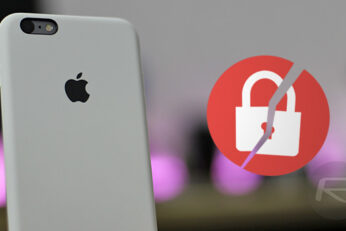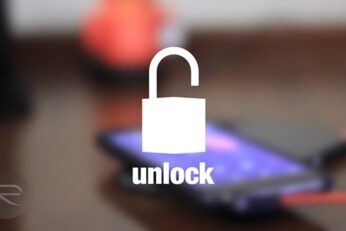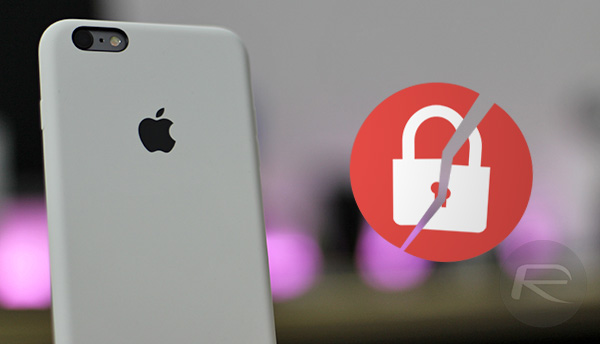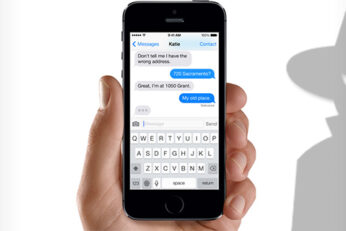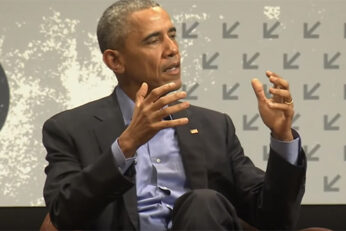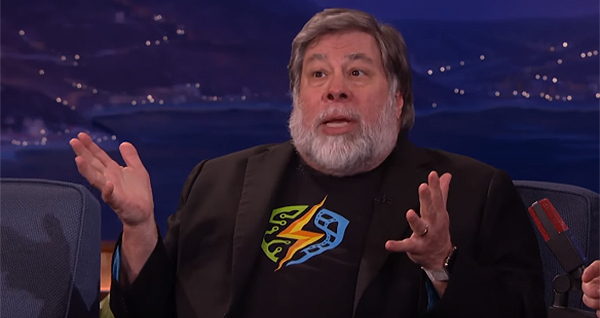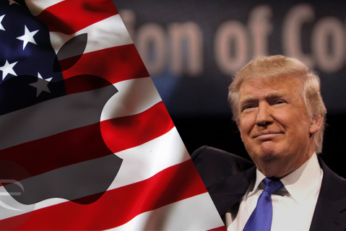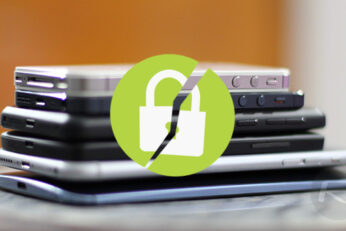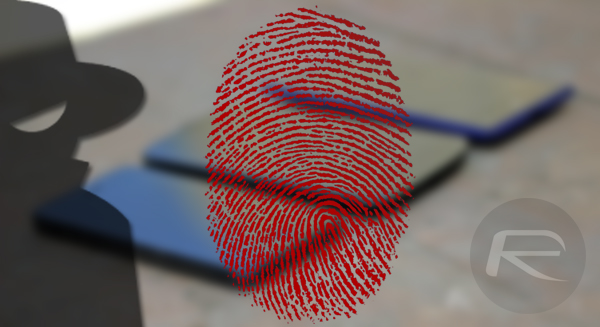The long-running Apple vs. the FBI encryption case may no longer be going to court, but that doesn't mean that the fallout and drama has come to an end. The government law enforcement agency may have officially announced that it will no longer pursue Apple through the legal system for the company's assistance in unlocking an iPhone 5c, but it's also now being reported that the FBI has agreed to assist in the unlocking of an iPhone and iPod involved in an ongoing homicide case in Arkansas.
The Apple vs FBI battle is over, well at least for now. U.S. government's Department of Justice dropped its case against Apple today as the FBI no longer needed Apple's help in unlocking the iPhone 5c belonging to one of San Bernardino shooters.
A number of researchers have discovered a vulnerability in Apple's iMessage platform, which is a particularly relevant discovery giving the current emphasis being placed on encryption within mobile devices. The research team from John Hopkins University have discovered a loophole in the iMessage protocols that allows them to decrypt videos and photos that have been sent via Apple's proprietary messaging platform. The vulnerability has been reported to Apple and has been fixed as of iOS 9.3, which is slated for public release later today.
According to a new report, Apple Employees responsible for making iOS a secure platform will quit if the company is forced to build GovtOS for the FBI.
Apple has released a new statement ahead of its March 22 court date. The newly released statement is the final scheduled brief by Apple before their court appearance later this month, which will see Tim Cook's company visit a federal court in California to determine whether or not the company is required to assist the FBI - as per a court order - with the ongoing investigations into the San Bernardino shooting incident which took place late last year.
You know things are getting a little serious between your company and the government when the President of the United States, who is essentially the most powerful leader in the world, addresses your ongoing encryption case, albeit it in a very indirect and diplomatic manner. United States President Barack Obama speaking at the South by Southwest (SXSW) conference in Texas, indirectly addressed the Apple vs FBI encryption case that has gripped the technology and wider community over the last month or so.
As we could have probably predicted, things between Apple and the FBI are starting to turn a little sour as part of the run-up to the March 22 hearing. Prosecutors involved in the case have filed a third motion, that once again attempts to convince Apple to go through the necessary processes involved in breaking encryption on the iPhone that was used as part of last year's San Bernardino shooting in California. Apple, as you might expect, isn't exactly pleased with not only the recent motion, but also the wording and terminology used within that filing.
Apple's Eddy Cue is one of the more high-profile executives at the company due to his frequent appearances at Apple's product presentations in front of the media and an online crowd. The online-services boss generally stays hidden away behind the scenes when there's no public-facing event taking place, but has recently used a Spanish-language interview to get behind the Cupertino-based company in its fight against the government over iOS encryption and being forced to create a backdoor to the iPhone for the FBI.
It's being reported that Tim Cook, along with a number of technology company CEOs and established Republican representatives, have met at the American Enterprise Institute's World Forum to discuss one thing; how to stop Donald Trump from gaining the Presidential nomination from his party. It is being reported that Apple CEO Tim Cook is part of a fairly high profile coalition that has been looking at ways to try and prevent Donald Trump from getting the nod to run for President of the United States.
Lavabit founder Ladar Levison is warning that if the FBI wins out in forcing Apple to comply with the Bernardino court order, iOS users may refuse to update their devices and tech companies may opt to leave the US.

